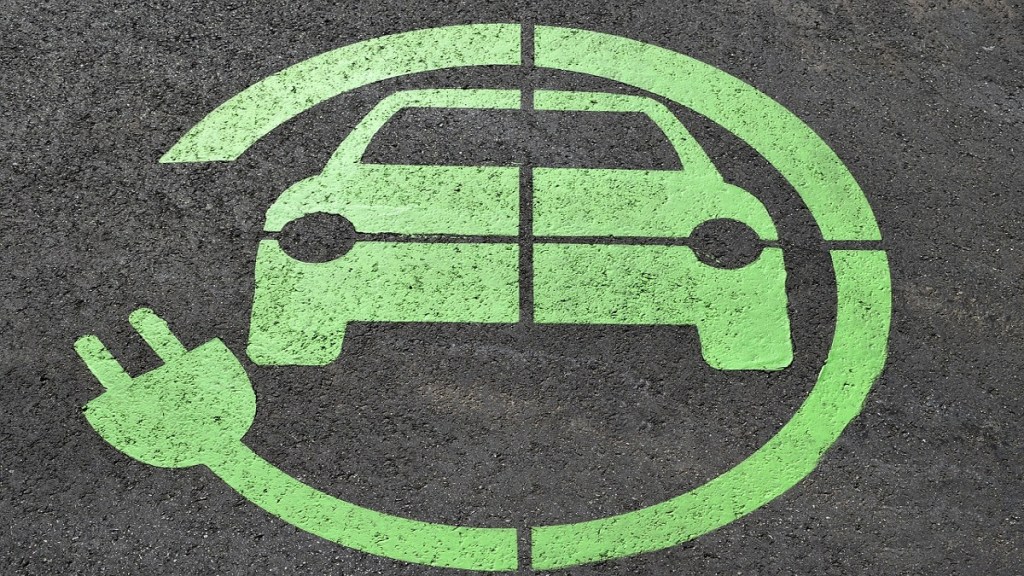SME Success Stories: As the global supply chain industry gradually shifts towards electric vehicles (EVs) in response to the world’s clarion call towards sustainability, Hyderabad-based Sathya Yalamanchili is helping over 30 of India’s biggest e-commerce and logistics companies make their deliveries green. However, the vehicles deployed aren’t the conventional EVs with an in-built electric motor and a battery. In 2017, Yalamanchili launched Etrio — India’s first EV company to retrofit light commercial vehicles (LCVs) for intra-city logistics. Retrofitting vehicles is referred to replacing the combustion engine and connected components of an existing vehicle with an electric motor and battery to convert it into an EV.
Interest in automobiles since his teens and opportunity in the electrification of vehicles, particularly the passenger car segment, as it dominates the Indian auto market apart from two-wheelers, drove Yalamanchili towards transforming existing cars into EVs. To start with retrofitting cars, Yalamanchili focused on cab-hailing companies like Ola and Uber, which had a large base of internal combustion vehicles, to covert cabs into EVs instead of strenuously reaching out to private car owners.
Yalamanchili began with working on electrification kits for 50 cabs including Maruti Suzuki Alto and Dzire in 2017 and 2018. He reached out to the drivers through cab-booking companies for around a week’s trial of these retrofitted EVs and to get their feedback before pitching retrofitted cabs to these companies.
While working on passenger EVs, Yalamanchili was approached by IKEA in 2019. The home furnishing brand had come across Etrio’s retrofitting model through media reports and social media and wanted to get their delivery trucks retrofitted for last-mile deliveries in Hyderabad. “They (IKEA’s representatives) said while other IKEA stores are buying brand new EVs, they would want to adopt retrofitted trucks. While we were busy with passenger cars for cab booking companies, we didn’t want to say no to IKEA,” Yalamanchili told Financial Express Online.
An average response from cab drivers for retrofitted cars pushed Yalamanchili towards cargo vehicles. “Cab drivers don’t drive less than 200 km a day. If you want to give that much range in a retrofitted car on a single charge then prices would also go up which didn’t go well with cab drivers. So, we tweaked the business model towards electric cargo vehicles after IKEA reached out to us,” said Yalamanchili.
Subscribe to Financial Express SME newsletter now: Your weekly dose of news, views, and updates from the world of micro, small, and medium enterprises
Etrio cannibalised those electric passenger cars to retrofit Tata Ace trucks and deliver them to IKEA. Cannibalising here is referred to using parts of an existing vehicle to build another vehicle of similar size and structure. “That’s how we moved into electric cargo vehicles,” added Yalamanchili. He noted that retrofitting was like a backdoor entry for him into the capital intensive auto industry with less money and resources.
What worked in his favour was that the cost involved in cannibalising wasn’t expensive. The overall requirement to retrofit trucks for IKEA was around Rs 30-35 lakh but since we cannibalised existing cars to retrofit the trucks, it cost us within Rs 30 lakh. It was special because we had completely bootstrapped the company till 2020,” said Yalamanchili.
While the pandemic wreaked havoc on the economy, it added to the company’s reasons to focus on business-to-business (B2B logistics as e-commerce deliveries picked up dramatically amid lockdown restrictions on the movement of people and traffic. Etrio raised its first external funding of $3 million in September 2020 and leveraged it to expand to product portfolio from retrofitted trucks to manufacturing electric three-wheelers.
With IKEA as its first client, Etrio was able to win other e-commerce and logistics companies as well such as Amazon, Flipkart, Big Basket, Delhivery, Gati and others amid the pandemic. “As we produced more of these EVs with greater payload capacity, it addressed more use cases such as lower costs, more deliveries, etc., for logistics and e-commerce companies,” Kalyan C. Korimerla, Managing Director and Co-Promoter, Etrio told Financial Express Online. Etrio currently has a fleet of 300 EVs, mostly three-wheelers, and is aiming to increase it to 2,500 this year along with a revenue target of Rs 75-80 crore in FY23, said Korimerla.


